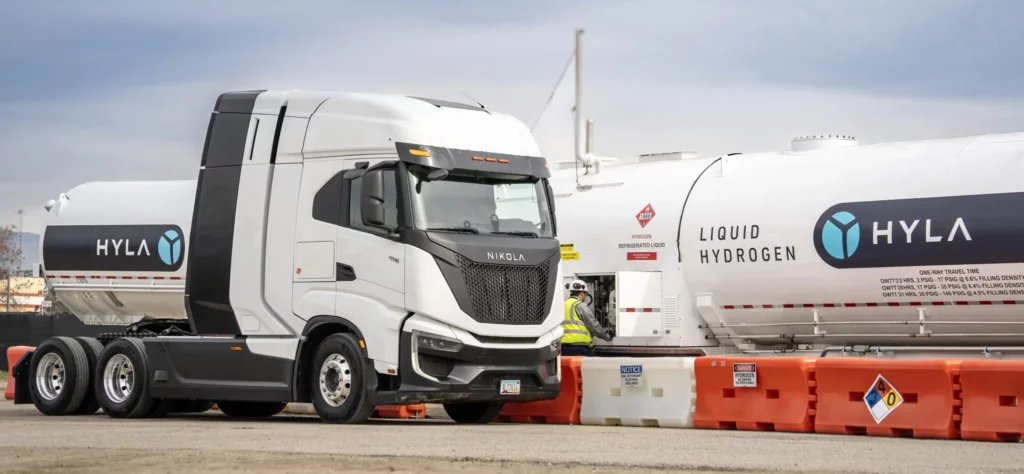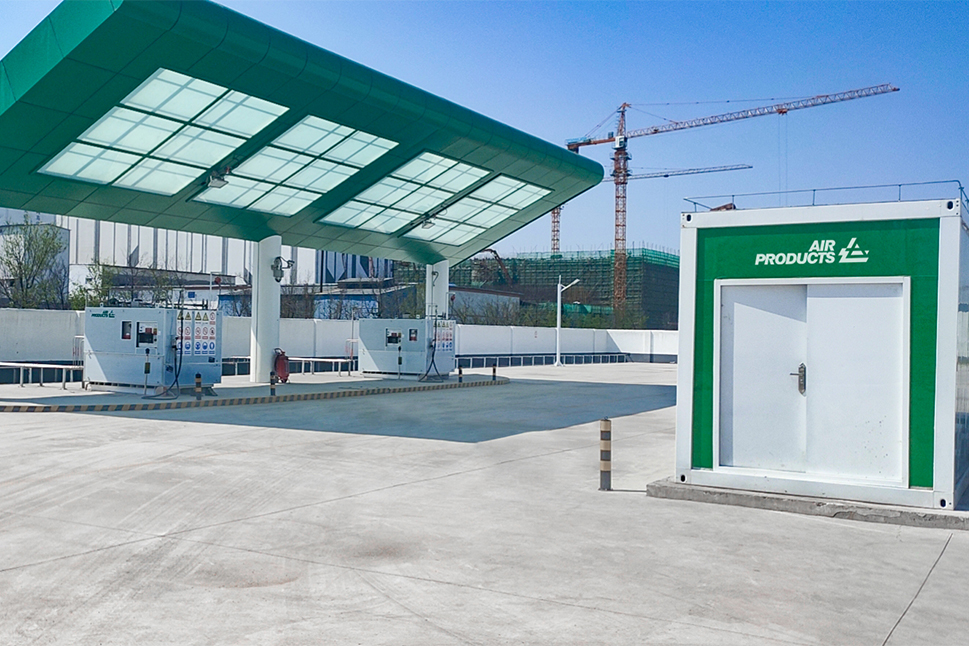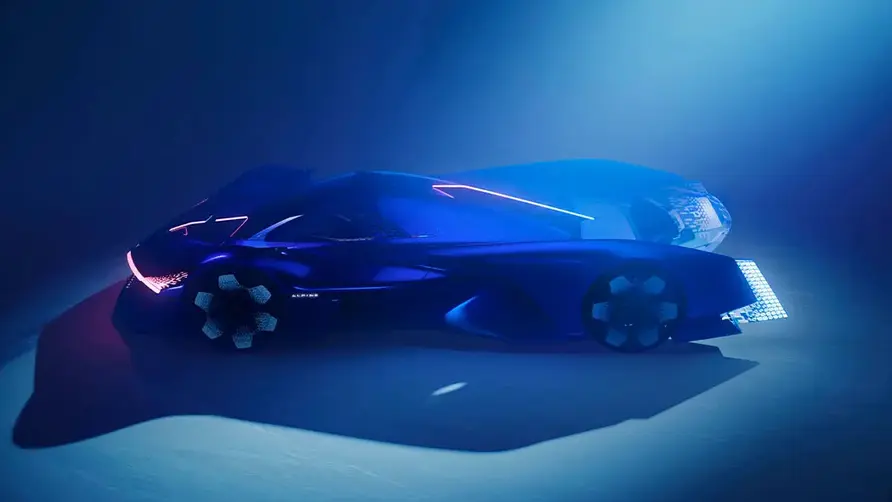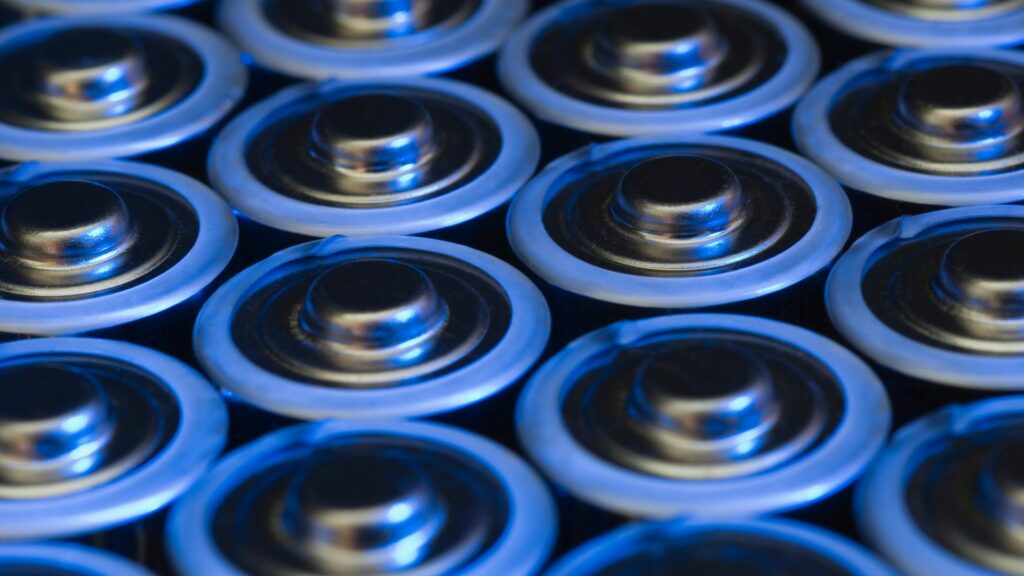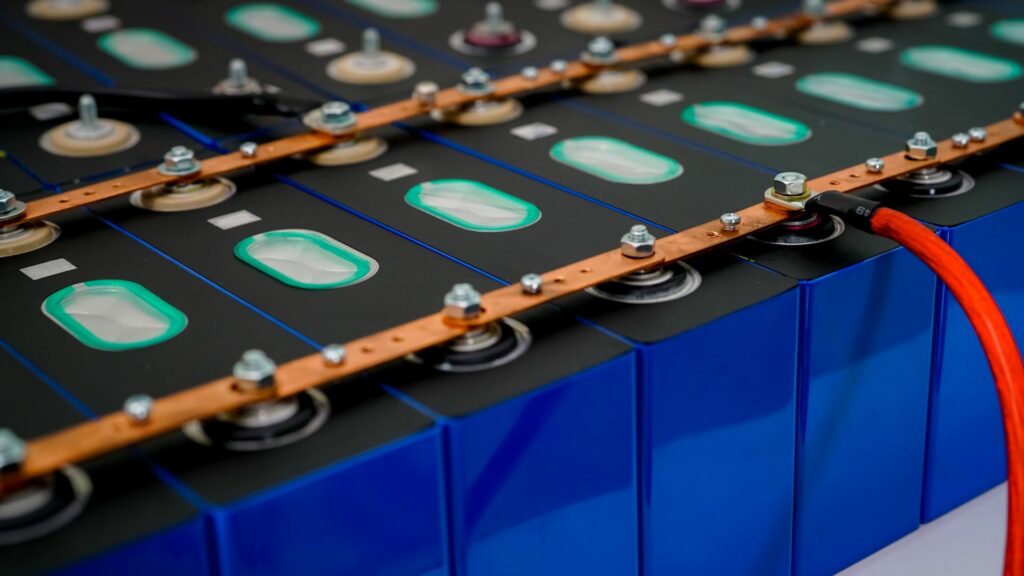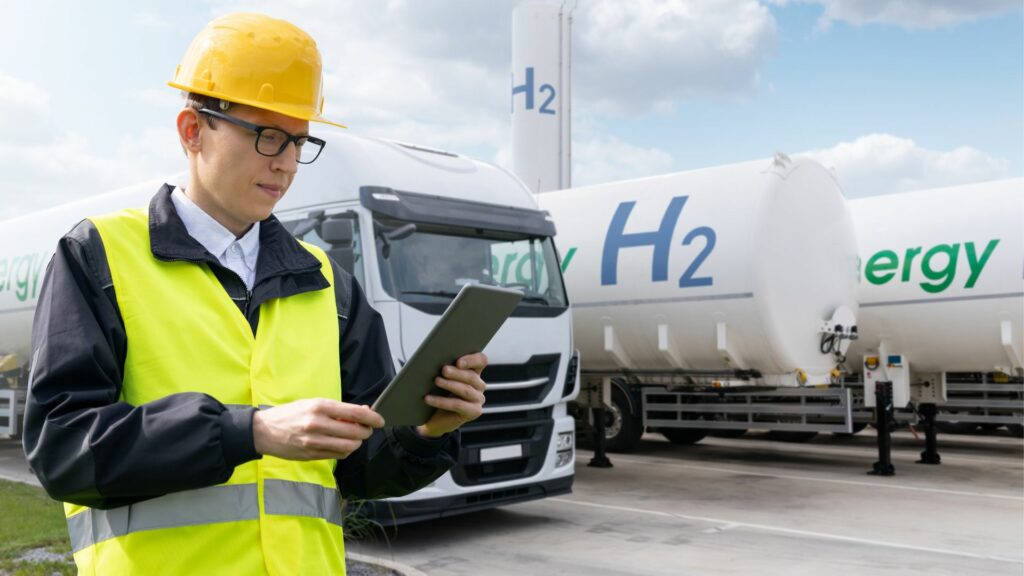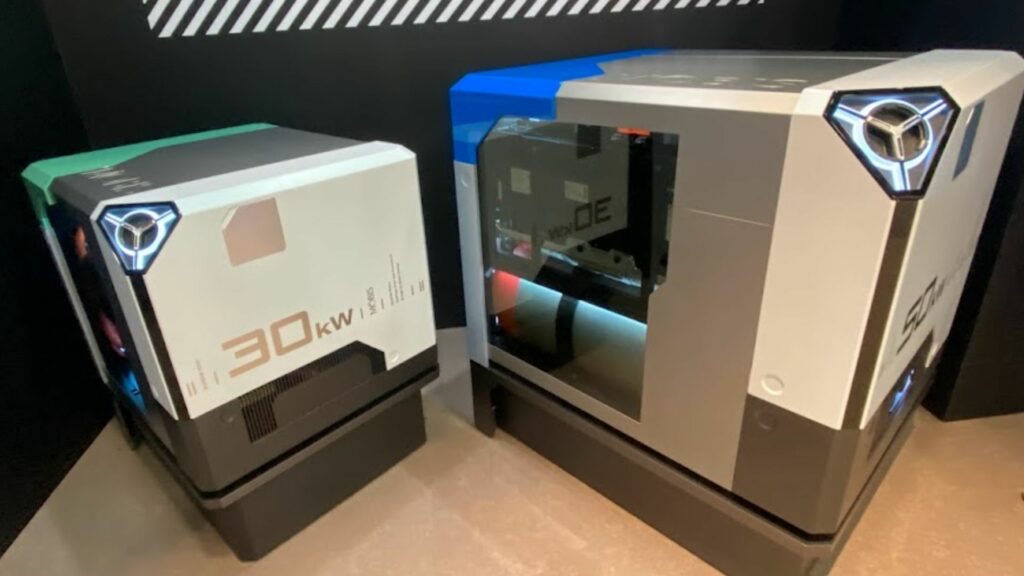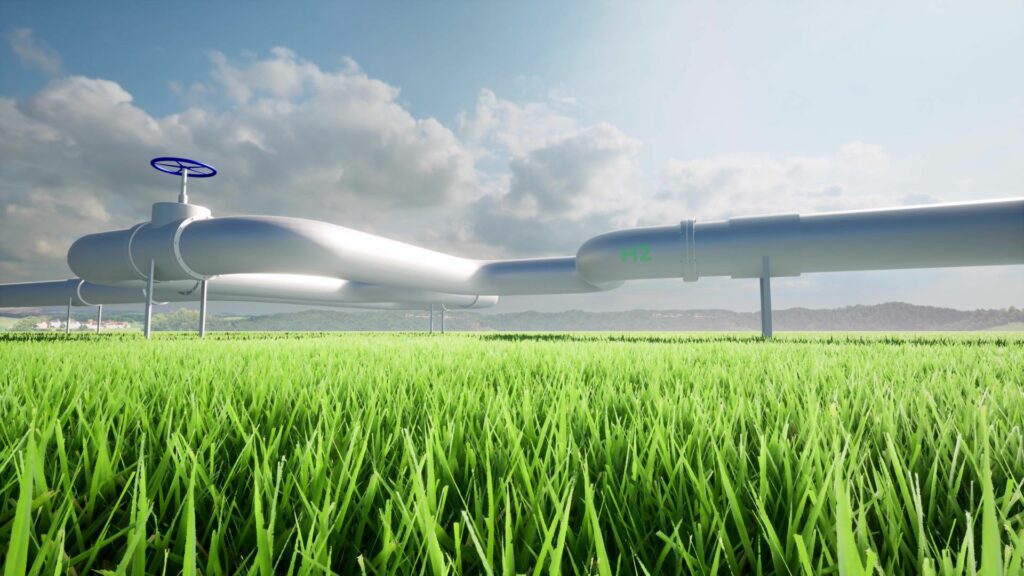Nikola Corporation Launches First HYLA Hydrogen Refueling Station in Southern California
Understanding Hydrogen Refueling Stations
As the world moves towards sustainable energy solutions, hydrogen refueling stations are becoming increasingly crucial in the transition to a greener future. These stations provide the necessary infrastructure to support hydrogen-powered vehicles, which emit only water vapor and offer a promising alternative to fossil fuel-driven transportation.
The Role of Hydrogen Refueling in Sustainable Transportation
Hydrogen refueling stations play a pivotal role in the adoption of hydrogen fuel cell vehicles. By ensuring the availability of hydrogen fuel, these stations help reduce range anxiety and make clean transportation more accessible.
Expansion of Hydrogen Refueling Networks
To support the growing number of hydrogen vehicles, there is a concerted effort to expand the network of refueling stations. This expansion is critical to building a robust infrastructure that can cater to the needs of both individual consumers and commercial fleets.
Challenges and Opportunities in Hydrogen Refueling
While the development of hydrogen refueling stations is a step towards a sustainable future, there are challenges such as high costs and technological hurdles that need to be addressed. However, these challenges also present opportunities for innovation and advancements in the field.
Technological Innovations in Hydrogen Refueling
Technological advancements are making hydrogen refueling faster and more efficient. Innovations in storage and dispensing are improving the overall experience for users, signaling a promising direction for the industry.

